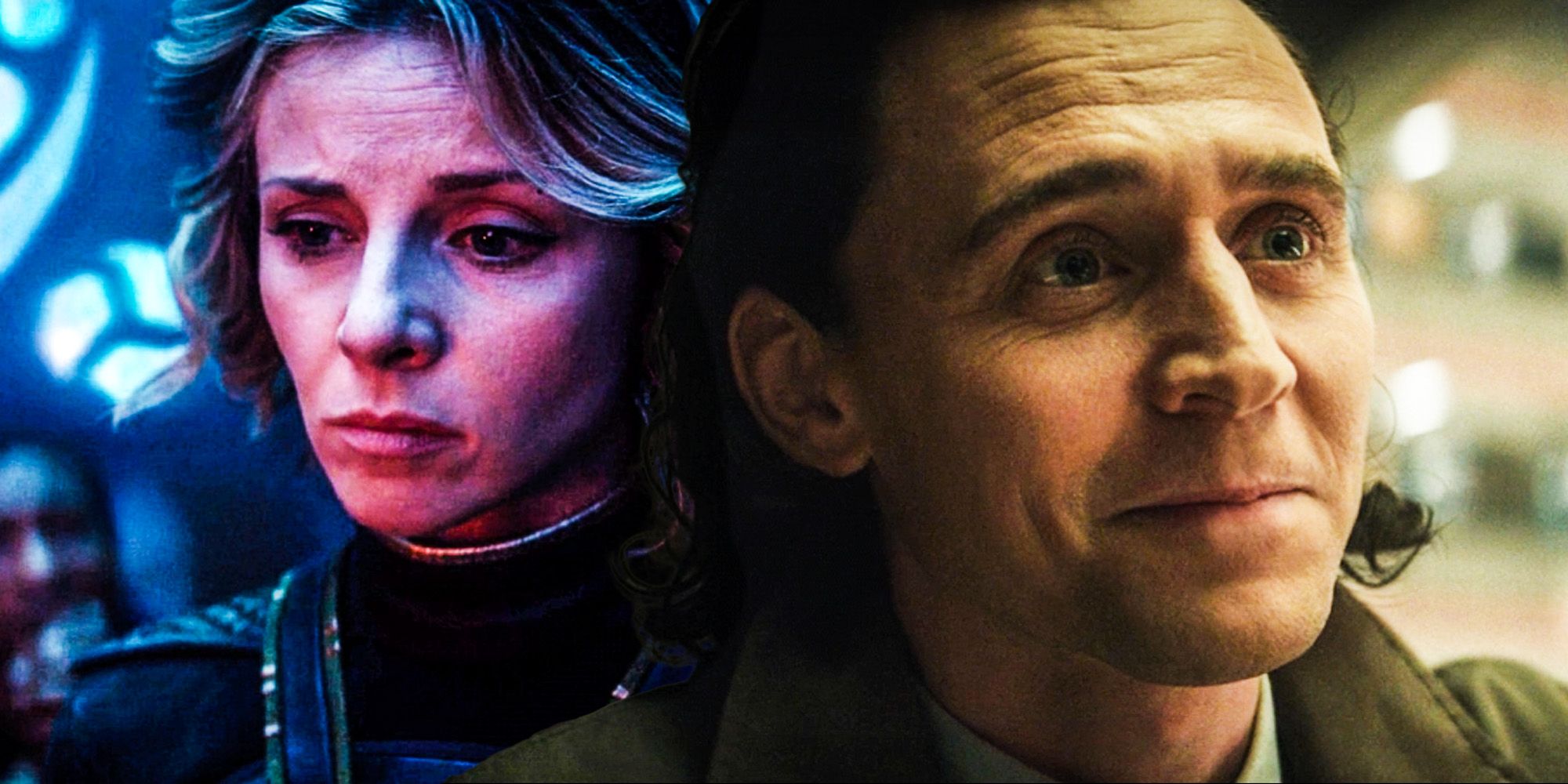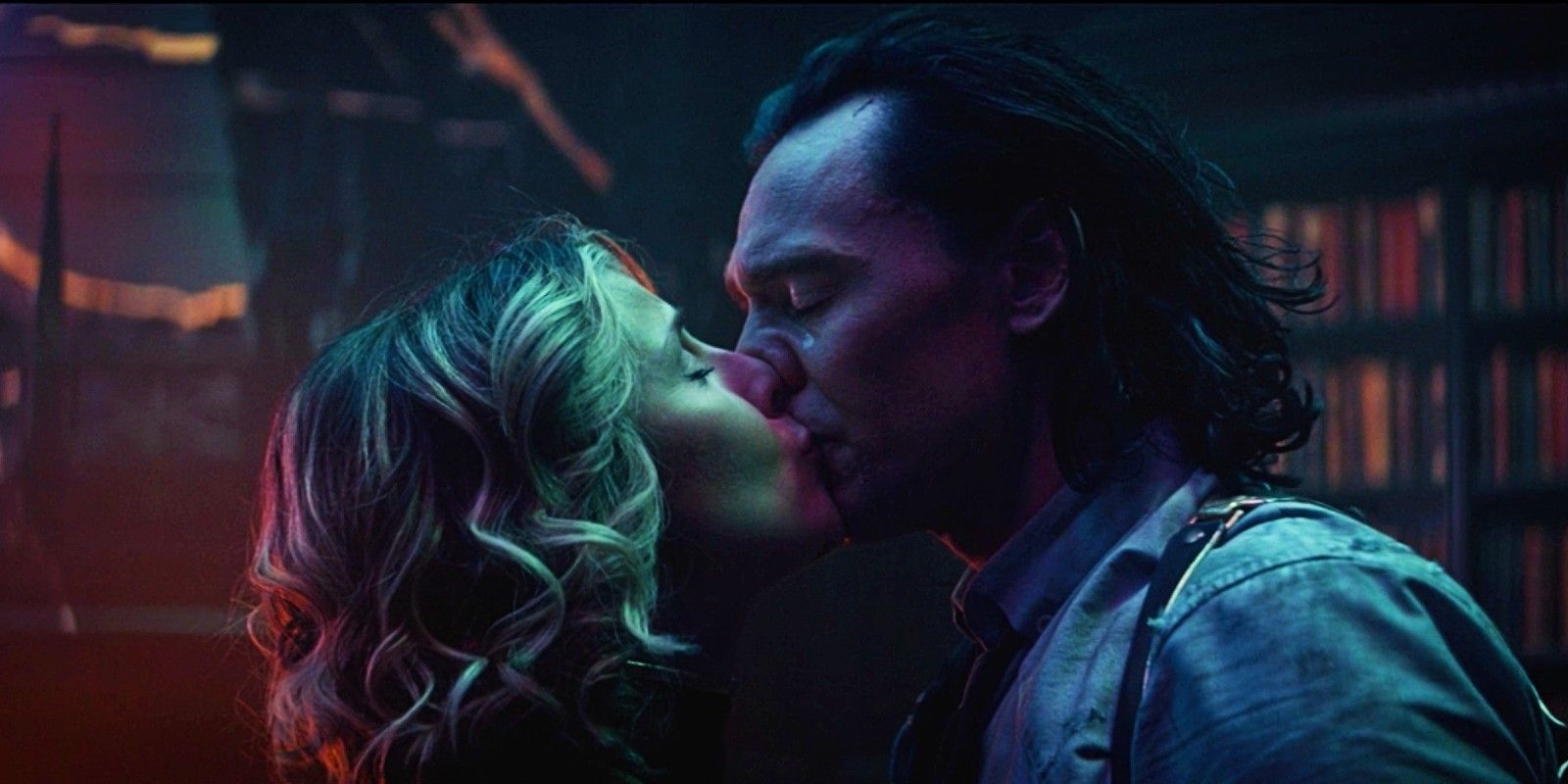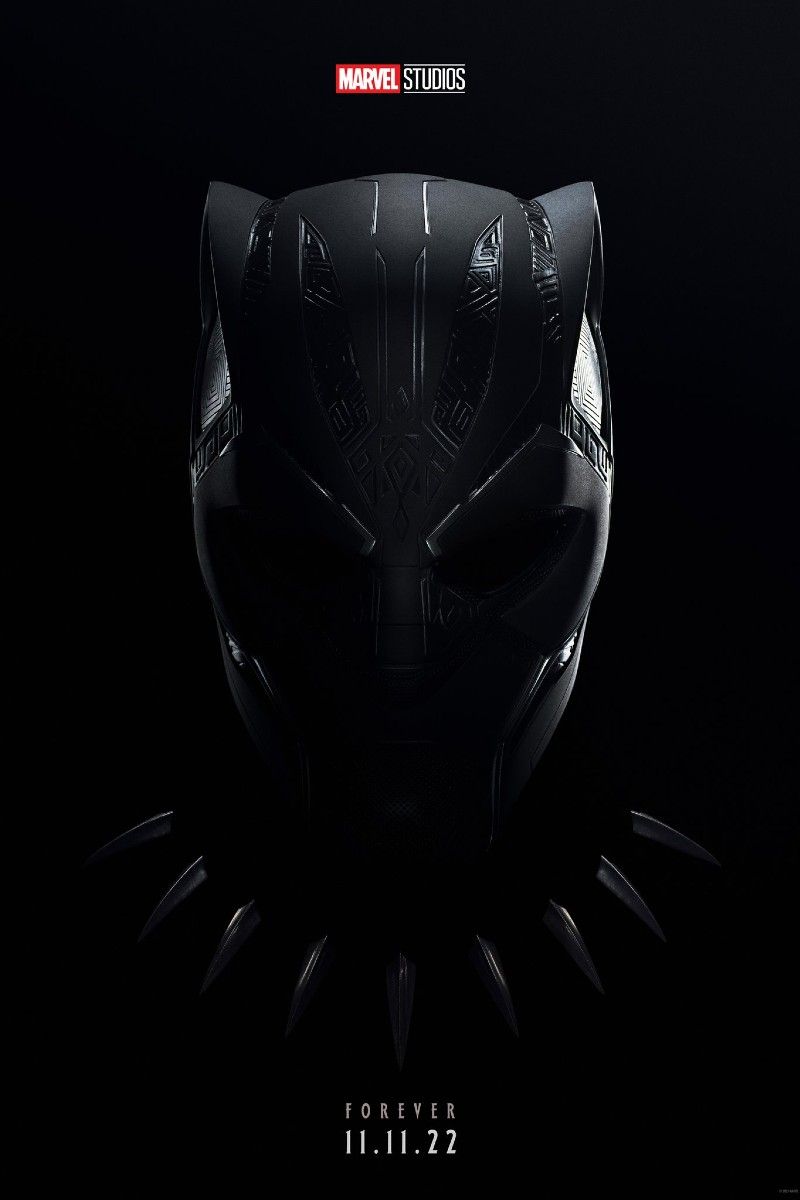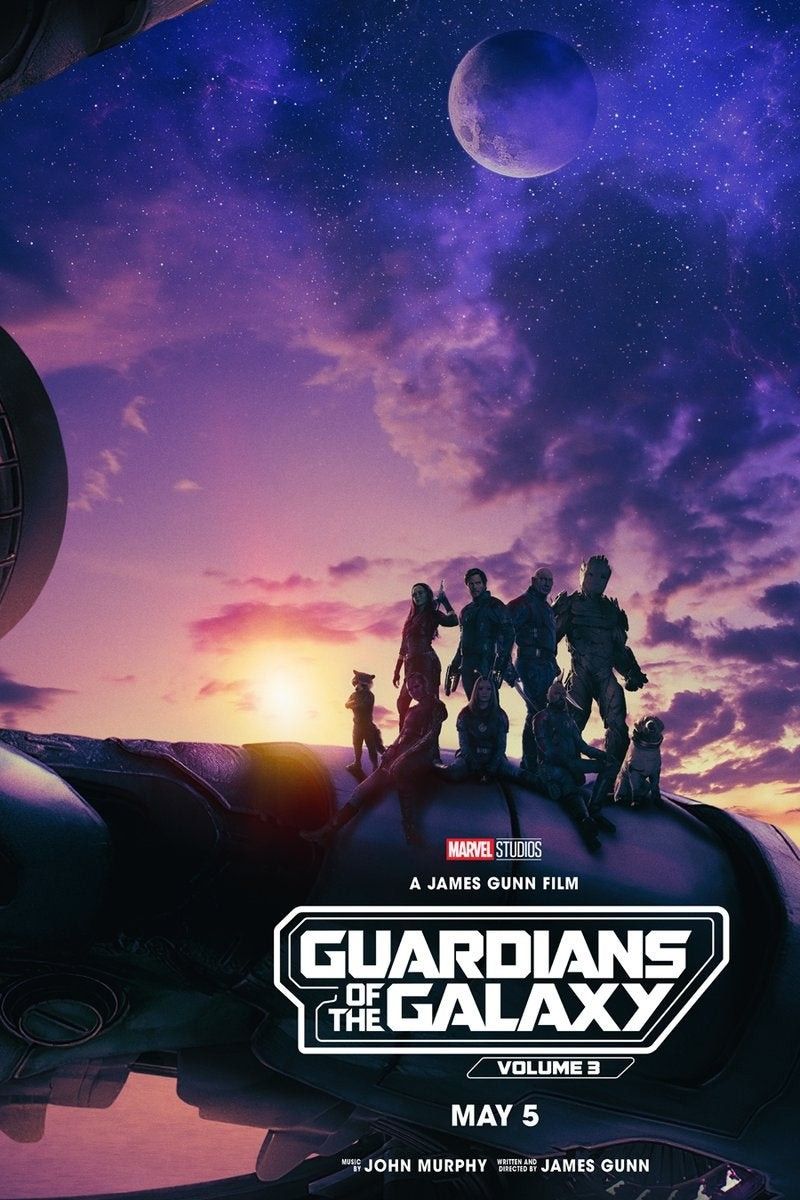For as fantastic as Loki was, it failed its LGBTQ+ audience significantly in one way, and that was in how it showcased Loki's genderfluidity. The series is Marvel's third Disney+ project and first to showcase Tom Hiddleston's Loki character in a true leading role in the MCU despite audiences having clamored for it for a decade. Overall, Loki was incredibly well-received, topping both WandaVision and The Falcon in the Winter Soldier both in viewership numbers and in Rotten Tomatoes score. Naturally, no one factor went into its success, but it's inarguable a great deal of it was down to Hiddleston's boundless charisma in the role of the God of Mischief.
Rather than having to play second fiddle to Chris Hemsworth's Thor, Hiddleston was able to begin fully exploring the incredibly complex character he's played for years. Loki has been as much a character study and psychological breakdown of the villain turned antihero as it has been a sci-fi time-travel adventure show. Prior to the show's release, one facet of the character that the creative team promised to address was MCU Loki being genderfluid. In the comics, as in the original Norse mythology, Loki is both male and female, switching back and forth between his male form and female form at will. Because of this, as well as his bisexuality, Loki has become an important icon and source of inspiration in the LGBTQ+ community as representations of nonbinary and genderfluid characters are still extremely rare in pop culture media.
Unfortunately, for as excellent as the show was overall, when it came to showcasing Loki's genderfluidity, it utterly failed. In a promo video released just prior to the show's debut, a TVA file for Loki listed the God of Mischief's sex as "fluid," generating excitement that finally, Marvel (and Disney) would properly address a character's identity on the LGBTQ+ spectrum. But that hope was quickly undermined when Loki's "genderfluidity" was presented not as simply being part of who he is in the same person, but as his female self being an entirely separate person in Sylvie–which is not genderfluidity at all. Technically, all variants are Lokis, and the series tried to skate by using that logic, occasionally pointing out that Sylvie and Loki were the same or that Loki fell in love with "himself." It was an obvious cop-out that failed its LGBTQ+ audience, not the least of which because the series undermined its own internal logic by firmly establishing Sylvie as being her own separate character.
After so much promise and a lead actor and creative team that seemed to truly get it and understand why Loki's genderfluidity is so important, not just to the character, but to LGBTQ+ audiences, the manner in which it was presented was disappointing at best. The message was clear: The show was willing to acknowledge Loki's genderfluid identity, one that a number of viewers live in reality, in a promo video, but not actually willing to show it on screen. Same with his bisexuality. It's great that Loki acknowledging he'd been with men and women in episode 3 made his bisexuality canon in the MCU and the promo video made canon his genderfluidity, but what does it matter if something is canon if it's not actually a part of the story (or at the very least, explicitly depicted at some point)? Loki's bisexuality and genderfluidity being canon in Loki doesn't substitute for true LGBTQ+ representation in the MCU.
Still, there is hope. Loki season 2 was confirmed in the post-credits scene of the Loki season 1 finale and there's still plenty of the God of Mischief's story left to tell. Season 1 was all about Loki discovering not just who he wants to be but also who he actually is, and that journey is not nearly complete. There have been longstanding rumors that the show was originally supposed to be 10-12 episodes, and with the season finale feeling more like a midseason finale, that may be true. There's still much of Loki to explore. Hopefully, Loki season 2 will do a better job of addressing Loki's genderfluid identity.
Loki season 2 will return on Disney+.









